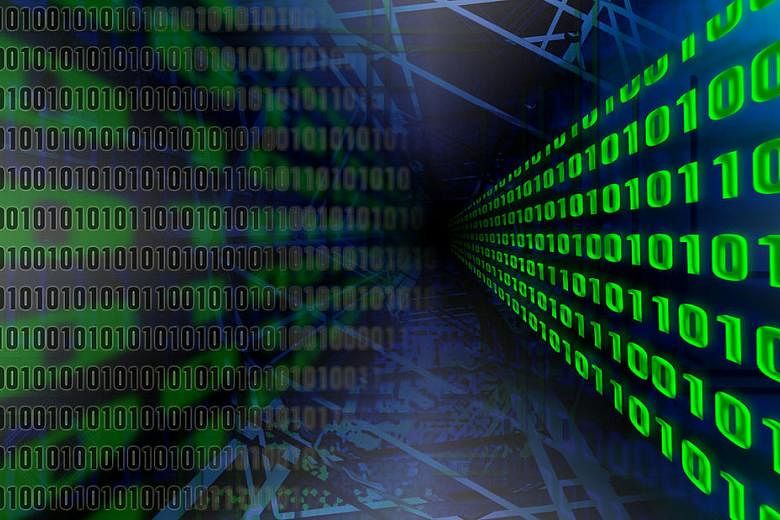An Uber driver's seemingly random comment last week "Ah, you work at SPH" gave me the chills.
Although the ride was to SPH, the driver had guessed my workplace because he had taken a couple of my bookings previously - including rides from my daughter's school to my home, and from home to my office.
A "smarter" home, workplace or transport requires one to yield more and more of one's personal data. That is the trade-off for convenience.
What hits me hard this time is the realisation that highly sensitive inferences can be made from even simple data, such as one's location. And what is to stop potential criminals from abusing the information?
Data analytics tools, the linchpin of everything "smart", fuel disruptive services like Uber and Grab.
Data analytics have many other smart uses that bring greater convenience. For instance, the tools let mall managers make sense of footfall data and shoppers' spending information, to help tenants better manage sales and loyalty programmes.
In modern homes, smart meters monitor daily energy use for up-to-date billing and tracking. Smart locks allow doors to be opened remotely using a phone app for, say, one's weekly part-time cleaner.
Minister for Communications and Information Yaacob Ibrahim said two weeks ago at the fourth annual Personal Data Protection Seminar here: "Data is the new 'oil' of the 21st century."
But he was also quick to stress that "it is no longer an option to treat data protection as an afterthought."
Service providers need to have better security technologies and policies to protect the wealth of data that they collect from smart systems.
Judging from the recent lapses in data security, for which 11 organisations were hauled up in April this year (2016), it may take companies here some time to get there.
Karaoke chain K-Box, among the 11, was fined $50,000. It was found to have set weak passwords comprising only one letter of the alphabet, leading to a data breach involving 317,000 customers.
Much is at stake if smart nation or home systems are not designed with watertight security measures.
Smart meters, for one, divulge a lot more information than one can imagine. Potential criminals can tell with a high level of accuracy how many people are in a house at any given time by tracking energy usage patterns.
Beyond the convenience - and the bells and whistles - that come with smart systems, one needs to take a hard look at what personal information one needs to give up.
Service providers may not always be transparent about the information that they collect. Neither do some provide fine controls to allow users to turn off features that they find intrusive on their privacy.
For instance, some smartphone apps may require location tracking and access to photos even though access to such information have nothing to do with the service the apps provide. In such cases, the smart thing to do is to say "no" and delete the app.
In the case of Uber, I've decided to mitigate any risk by not using the service for sensitive pickup locations such as my daughter's school.
I would flag down a taxi instead as it provides the desired randomness.
Also, the driver would not have my number and past text messages containing directions to the exact pickup location for making any sensitive inferences.
This may run contrary to the whole idea of a smart nation. But it may be necessary until better systems are designed to protect my privacy.


